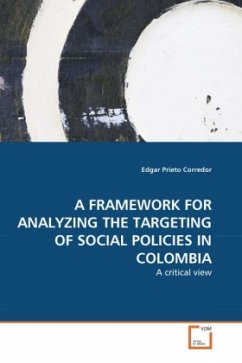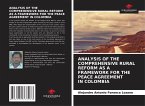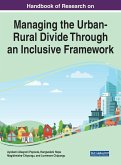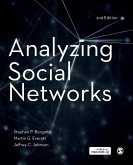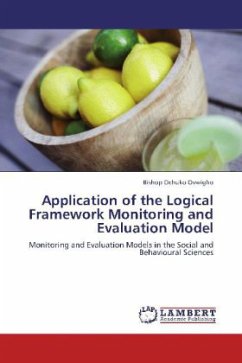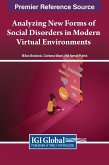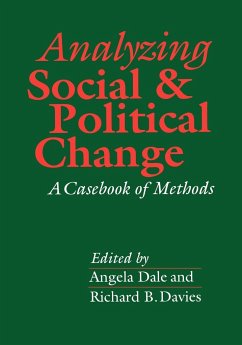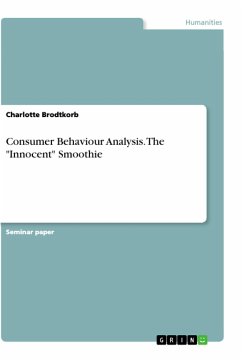Nowadays, several programs and policies pursue the reduction of poverty and hunger by 50% until 2015. However, there is a delay on the achievement of this goal, what raises also doubts regarding the efficiency of the mentioned programs. In efficiency terms, targeting is a critical concept concerning poverty reduction programs since it diminishes the probability that the limited resources assigned to needed population goes to people who really do not need it, or that needed people is excluded from the support programs. Thus, through the analysis of primary data the present work assesses the accuracy of the targeting methods used by the Recovery of Unproductive Assets Program (RUAP)in Colombia. All the RUAP selection criteria are evaluated and compared among beneficiary and non-beneficiary housedolds, including the poverty level. In order to assess poverty, the Foster-Greer-Thorbecke measures are estimated determining the headcount, deepness and severity of poverty in each group. Moreover, leakage and under-coverage rates are calculated as targeting measures. The results suggest that RUAP targeting process could be suitable, but its success is limited requiring a better control.

